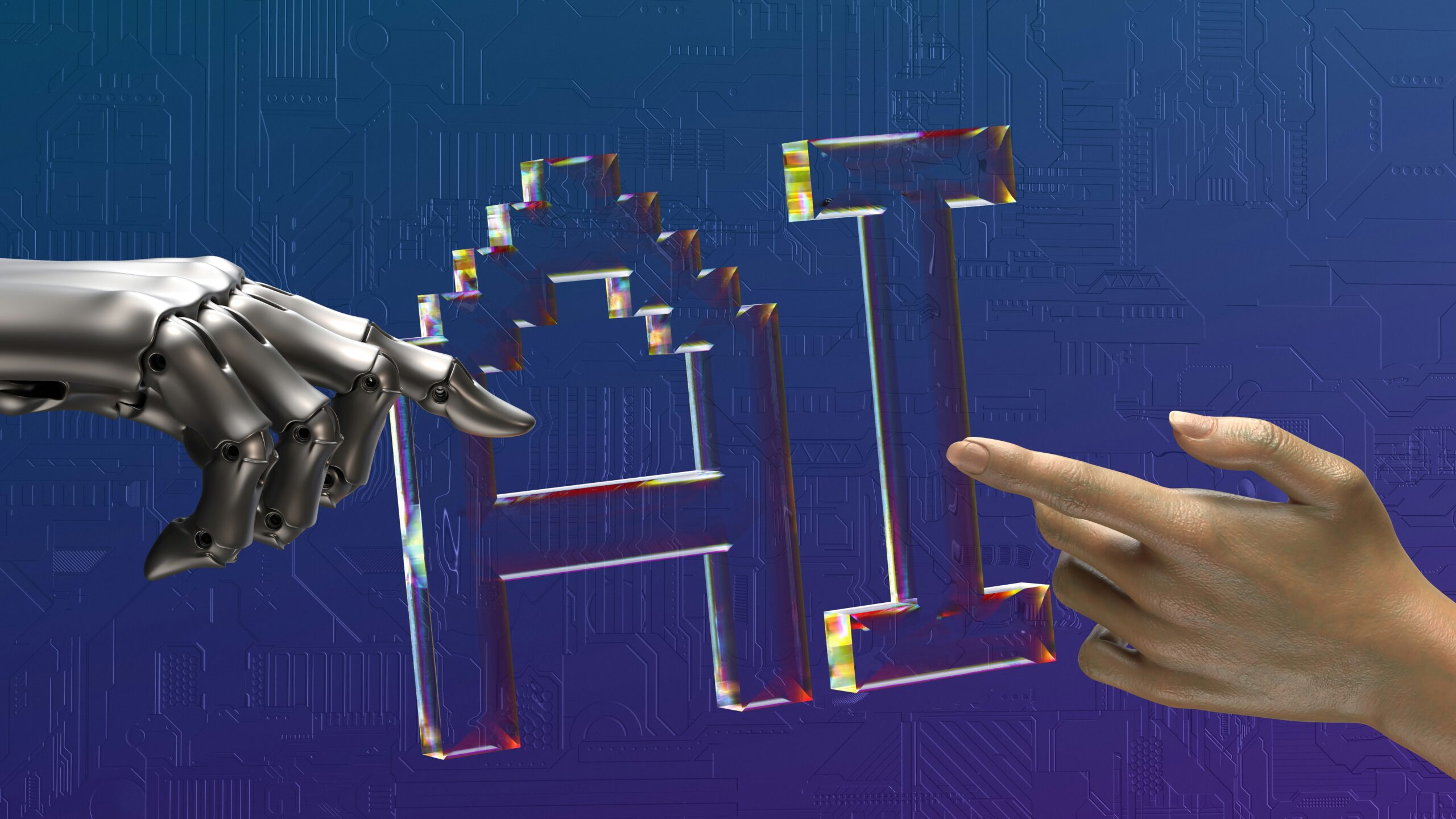Since the rise of Artificial Intelligence (AI) and its ongoing development, debate has grown about its suitability for leadership roles, especially those requiring emotional intelligence. This discussion centres on balancing human emotion with the tool’s expanding capabilities.
On one hand, imagining AI mastering emotional nuance sparks optimism. The potential impact is vast, from daily life to executive-level leadership. Yet concerns remain. The erosion of authentic human connection and the ethical implications of AI raise clear warnings.
AI’s ability to mimic emotion is remarkable. Still, human emotional intelligence holds a depth that technology cannot yet reproduce. This article explores why AI, despite progress, still falls short of true leadership qualities and why careful integration is essential.
Emotional intelligence and leadership qualities continue to elude AI systems because they cannot truly experience emotion. Human leaders inspire during hardship, recognise team emotions, and manage complex relationships with authenticity.
In today’s world, AI reshapes traditional norms at speed. While its data-driven approach boosts efficiency, doubts persist about its capacity for empathy. Leaders now face a balance: using AI to optimise operations while preserving the empathy, adaptability, and inspiration that define effective leadership.
Authentic connection, intuition, and ethical choices remain beyond AI’s grasp. For now, we can still distinguish between human authenticity and AI’s simulations. Yet change looms, and rapid technological progress suggests leadership within AI is more inevitable than hypothetical.
The Inevitability of AI Learning Emotional Intelligence
AI cannot yet match human emotional intelligence, but the future may look different. Its ability to process vast data and adapt points towards a trajectory where it could learn emotional nuance. This prospect could reshape teamwork, decision-making, and business functions. The debate is no longer if AI should learn emotional intelligence, but how to guide this process responsibly.
The implications are profound. Next-generation AI may interpret complex emotions, influencing collaboration and leadership. How we guide its development will shape outcomes. Ethical frameworks and transparent guidelines are essential to ensure AI’s responses align with human values.
While AI can simulate learned patterns, the deeper question is whether it can truly empathise. Preserving authentic emotional connection while leveraging AI’s strengths is vital to maintaining leadership integrity.
Bringing AI into leadership requires careful navigation. Ethical principles must underpin its use, ensuring it augments rather than diminishes empathy, intuition, and inspiration.

What Role Will AI Play in Leadership?
AI promises to reshape leadership. It can enhance decision-making by combining data analysis with emotional understanding. Leaders gain nuanced insights, allowing more holistic and informed choices.
AI’s emotional intelligence also offers new ways for leaders to connect with teams. By recognising emotional cues, AI could help leaders adapt communication styles, creating workplaces that value well-being and inclusion.
Research suggests AI could reduce leaders’ cognitive load by managing routine tasks. This would free leaders to focus on strategy, innovation, and mentoring. Such a shift could amplify their impact on organisations.
In conclusion, AI’s blend of analysis and emotion could redefine leadership. But progress must be cautious. Leaders must address ethical concerns, authenticity, and potential risks to preserve what makes human leadership unique.
The debate is wide-ranging and unresolved. Opinions differ, and no one can predict how, when, or to what extent AI will transform leadership.
To discuss this topic further, please contact @leogualchierotti



